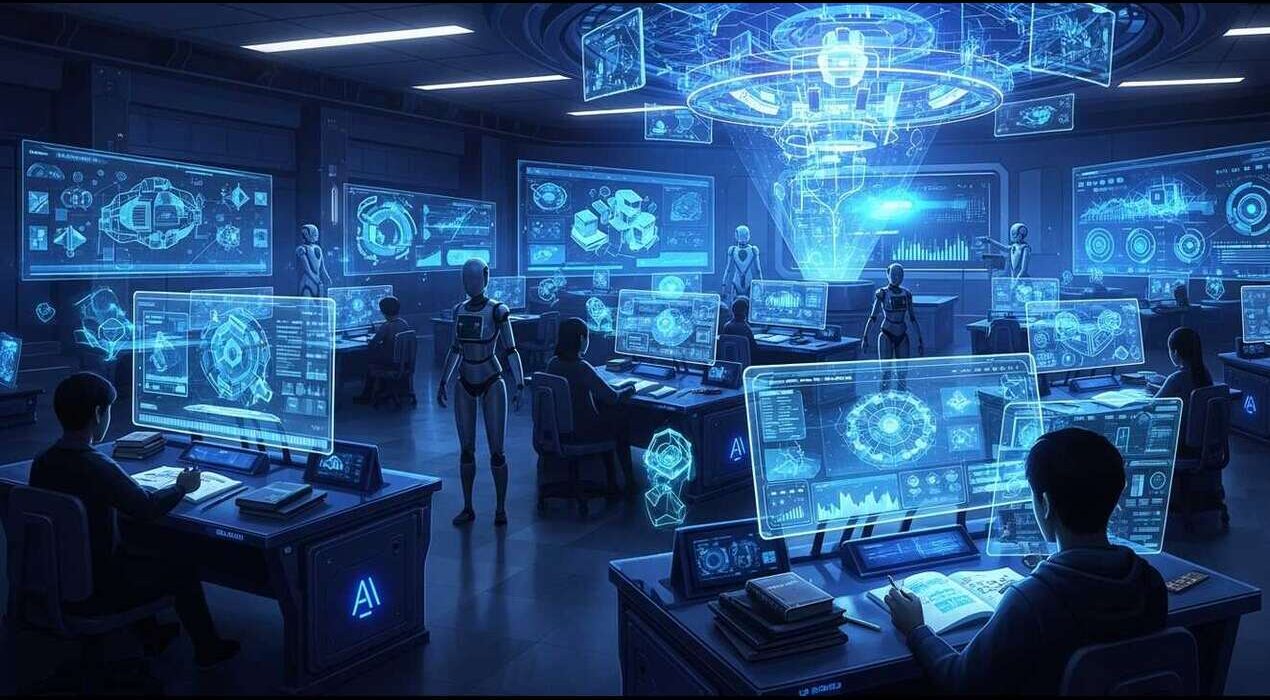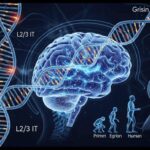Education experts increasingly highlight the need to integrate artificial intelligence (AI) into the academic system. They believe AI can transform learning by making education more personalized, efficient, and accessible.
Technology already shapes industries worldwide, so schools and universities must adapt to prepare students for a rapidly changing future.
AI-powered tools help teachers assess student performance more effectively. These tools also identify learning gaps and tailor lessons to individual needs. Intelligent tutoring systems provide real-time feedback, which allows learners to progress at their own pace.
This method improves academic outcomes and reduces pressure on teachers. As a result, teachers can focus more on mentorship and creativity instead of routine administrative work.
AI also improves access to education. Digital platforms supported by AI reach students in remote or underserved areas. They ensure equal learning opportunities regardless of geography. AI also assists students with disabilities by offering customized learning aids.
Examples include speech-to-text software, adaptive assessments, and immersive simulations. Educators see such inclusivity as essential for modern systems that aim to leave no student behind.
Experts warn that schools must balance AI integration with ethics. Data privacy, algorithmic bias, and overreliance on technology require strict regulation. Policymakers, educators, and developers need to collaborate to design frameworks that protect students while unlocking AI’s benefits.
Specialists emphasize that AI should not replace teachers. Instead, it should serve as a supportive tool. Human interaction, critical thinking, and emotional intelligence remain vital for education.
Machines cannot replace these skills. By blending traditional teaching with AI-driven innovation, schools can equip students with the abilities they need to thrive in a digital era.
Experts urge integration of AI into education system






